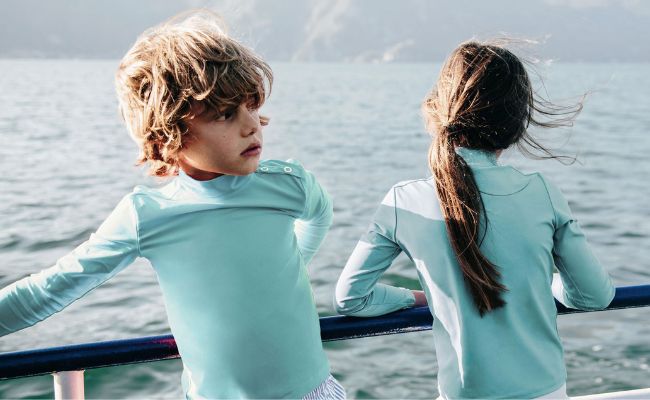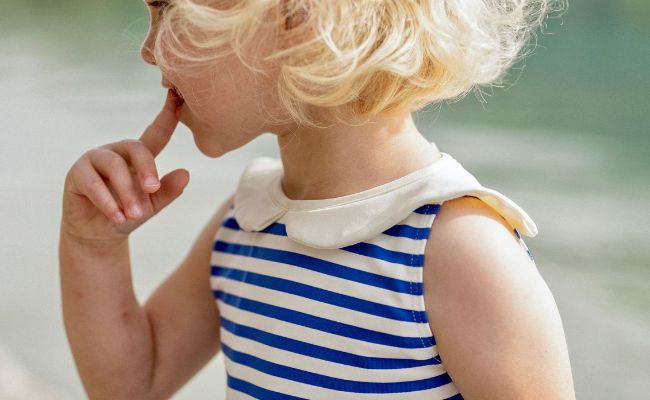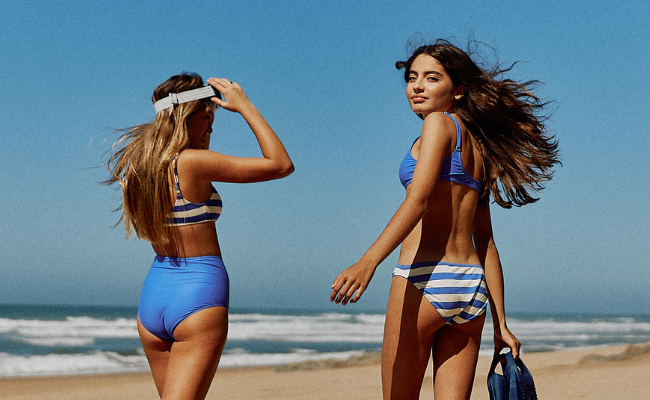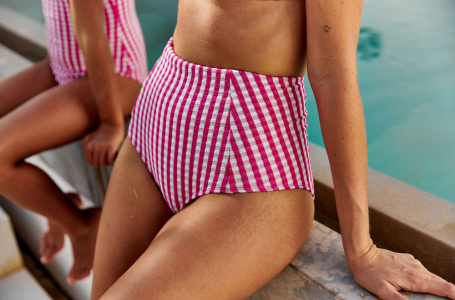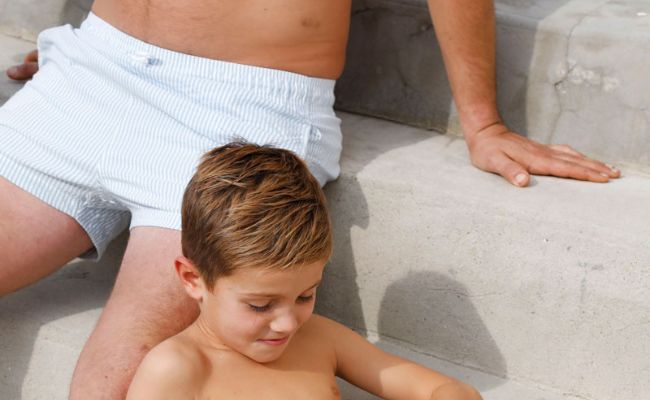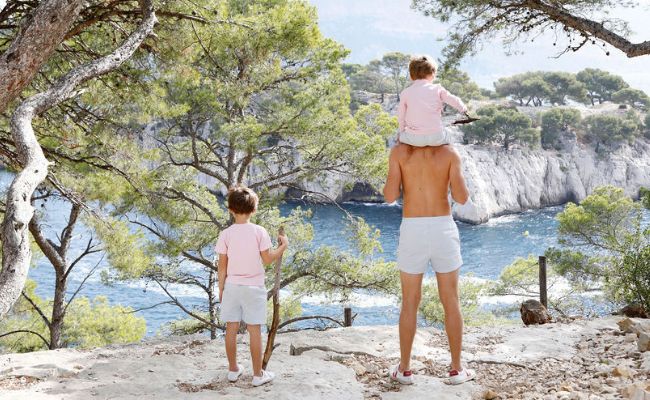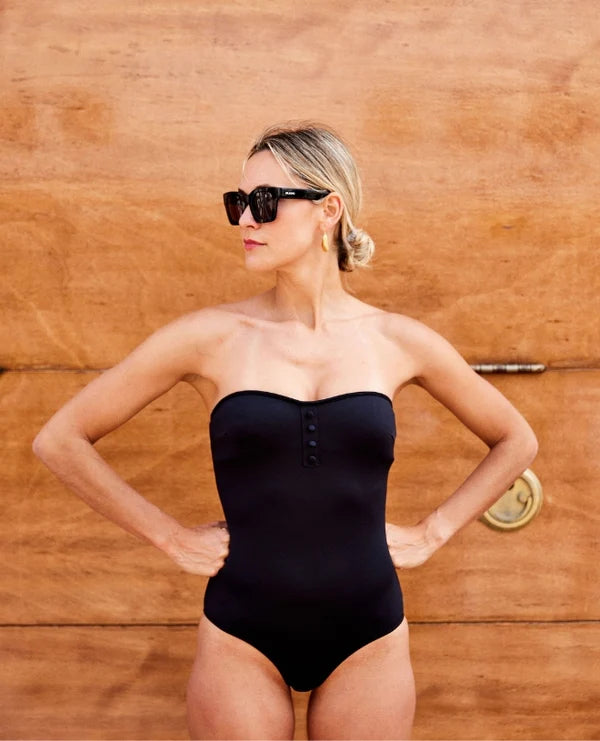
A few simple actions to preserve the oceans

|
The Covid-19 pandemic has limited travel, a much-needed pause for everyone to rethink their travel habits. Prior to this, many tourist destinations had already taken steps to avoid an excessive influx of tourists and protect their environment. Mass tourism has, among other harmful effects, ocean pollution. Traveling less often and better, adopting ecological measures to protect the oceans... is responsible tourism beginning to take shape?
Simple actions to preserve the oceans
Although ocean conservation is a vast undertaking, every little bit helps. By raising awareness of the ecological consequences of ocean pollution and changing our habits, everyone can, at their own level, help protect the marine environment. Here are some actions you can take every day.
Sunscreen: Make the right choice to save coral reefs
The impact of sunscreens on the environment is far from trivial. Various studies have shown that they are responsible for the destruction of corals, essential to the balance of the marine ecosystem. Some popular tourist destinations in Thailand, Mexico, and Hawaii have banned the use of sunscreens containing filters that are harmful to coral reefs. However, sunscreens are essential for protecting the skin from the harmful effects of the sun. So what can be done?
Before purchasing a sunscreen, you can check that the filters it contains have a limited impact on the environment. In any case, since no cream can guarantee perfect protection, the safest way to protect yourself is to limit your exposure time and prefer shade during the hottest hours of the day. By wearing protective clothing, such as swimsuits and UV-protective clothing, you can also limit the application of sunscreen to uncovered areas of the body. It's better for your health and for the oceans!

|
Plastic, the main pollutant of the seas
Plastic accounts for three-quarters of marine litter, and of this, nearly half are bags. They have the particularity of being lightweight and easily carried by the wind. This is how a bag thrown in the street can contribute to ocean pollution. Even placed in a trash can, it is not certain that it will end up in a landfill, many of them fly away when dumpsters are unloaded and are scattered in nature! The priority is therefore to ban this type of packaging. More generally, by avoiding all plastic containers and objects (bottled water, for example), you will prevent them from polluting the oceans.
Cigarette butts in the middle of the ocean
A third of French people smoke. This is bad for their health, and it's also bad for the marine environment. Cigarette butts are small pieces of waste, often thrown on the ground, without realizing that this action will contribute to marine pollution. Cigarette butts are easily carried by rain and wind, and often end up in a waterway, which in turn ends up in an ocean. Cigarettes contain substances that are harmful to marine life. When you know that a single cigarette butt can pollute 5,000 liters of water, it makes you think twice before throwing it on the ground! Quitting smoking would be the best solution, but we know how difficult it can be to quit! If you're a smoker, the only alternative is to always carry a pocket ashtray with you!

|
Choosing the right fish to avoid emptying the oceans
Certain fish species, such as bluefin tuna, cod, wild salmon, pollock, and monkfish, are particularly popular with consumers, which leads to their overexploitation. In France, salmon and cod alone account for more than half of all fish consumption! By avoiding the same species all the time, you are enabling the implementation of more sustainable practices. Since some fishing methods are particularly destructive, this aspect is also important when buying fish!
Environmentally friendly marine cleaning products
Most detergents used for household cleaning are derived from petrochemicals. Neither soluble nor biodegradable, their components, toxic to flora and fauna, are released into the oceans. Alternatives exist for manufacturing cleaning products from plant-based raw materials (starch, straw, wood residues, oilseeds, etc.), but they are underdeveloped because they would require too much agricultural land intended for food production.
You still have the DIY solution. By making your own cleaning products, you're not only protecting your health but also the marine environment. It's probably a good time to rediscover the products our grandmothers used to maintain their homes: Marseille soap, black soap, baking soda, lemon juice, soda crystals, vinegar, beeswax, etc., are increasingly used for cleaning!


